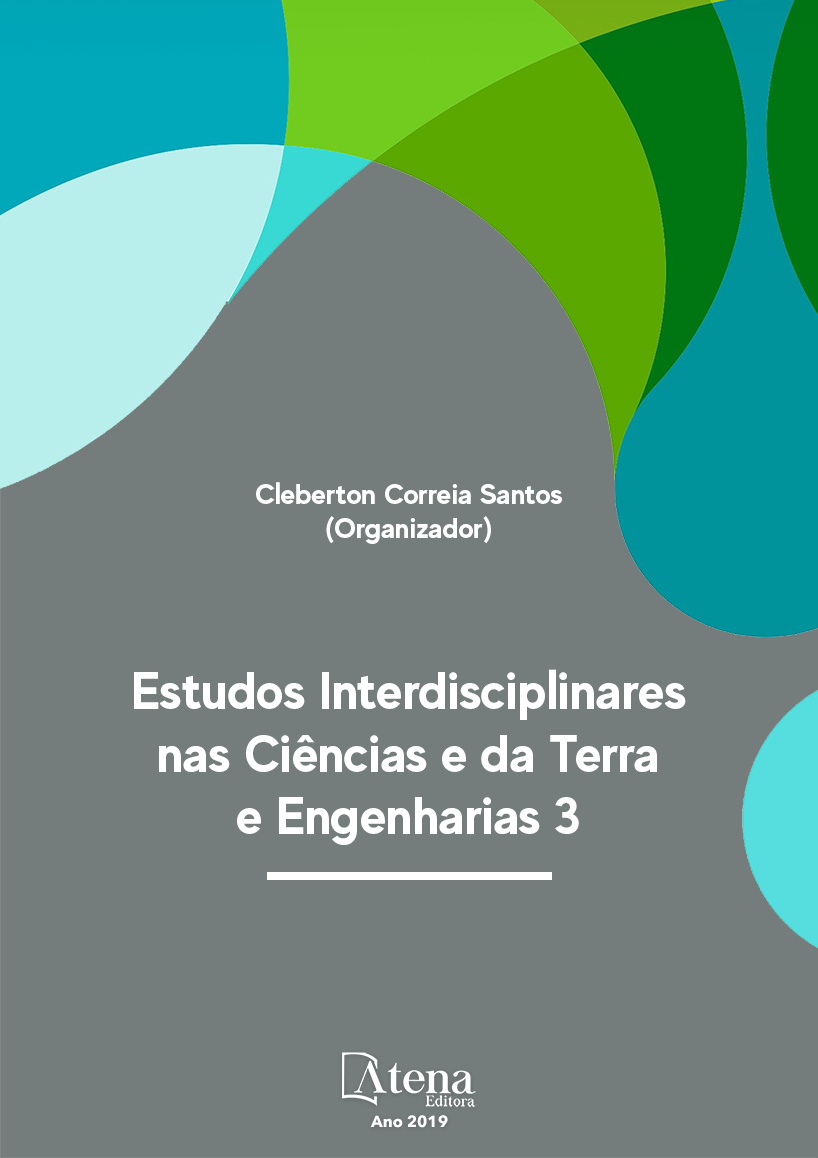
ACESSIBILIDADE AO LABORATÓRIO DIDÁTICO DE BIOLOGIA, MICROSCOPIA E ANÁLISES CLÍNICAS DA UEZO POR PESSOAS EM CADEIRA DE RODAS
A inclusão de pessoas com
deficiência (PcD) nas instituições de ensino
depende intimamente do quão acessível essa
instituição é. Os debates sobre a inclusão na
educação superior ainda são muito recentes,
porém, necessários. Principalmente, em
graduações das áreas exatas e biomédicas que
possuem atividades práticas em laboratórios,
em que, há dificuldade extra. Sendo então, de
suma importância estudos ergonômicos, pois
nesse tipo de estudo são avaliadas as condições
favoráveis e subjetivas para uma pessoa
realizar determinada atividade. Reduzindo as
chances de uma postura inadequada causar
um acidente. Colocadas tais problemáticas,
esta pesquisa visa estudar as adaptações
necessárias para a utilização, autônoma e
segura, do laboratório didático de Biologia,
Microscopia e Análises Clínicas da Fundação
Centro Universitário Estadual da Zona Oeste
(UEZO) em relação às pessoas em cadeira
de rodas (PCR). Para isso, foi confeccionado
o mapa de risco e sugeridas adaptações. O
diferencial do trabalho foi apresentar um mapa
de risco para PCR, mostrando o aumento dos
riscos. Com base nesses riscos, foram propostas
as mudanças visando a acessibilidade. No
cumprimento dos objetivos propostos, concluiuEstudos
se que há dificuldade na entrada de PCR no laboratório; na utilização do espaço,
dos equipamentos e dificuldades na implementação da biossegurança. Uma das
consequências desses problemas é o fato da acessibilidade ser importante na inclusão
de PcD permitindo igualdade de oportunidades e atendendo a diversos dispositivos
legais.
ACESSIBILIDADE AO LABORATÓRIO DIDÁTICO DE BIOLOGIA, MICROSCOPIA E ANÁLISES CLÍNICAS DA UEZO POR PESSOAS EM CADEIRA DE RODAS
-
DOI: 10.22533/at.ed.71619103092
-
Palavras-chave: Ergonomia. Acessibilidade. Pessoa com deficiência. Pessoa em cadeira de rodas. Biossegurança.
-
Keywords: Ergonomics. Accessibility. People in wheelchairs. People with disabilities. Biosafety.
-
Abstract:
The inclusion of people with disabilities (PwD) in educational institutions
depends closely on how accessible this institution is. The debates about higher education
inclusion are still very recent, but necessary. Especially in graduations of the exact and
biomedical areas that have practical activities in laboratories. Therefore, ergonomic
studies are extremely important, because in this type of study it is evaluated the
favorable and subjective conditions for a person to perform a certain activity. Reducing
the chances of an improper posture will cause an accident. In view of these problems,
this research aims to study the adaptations necessary to the use, autonomous and
safe, of the UEZO’s Biology, Microscopy and Clinical Analysis didactic laboratory in
relation to people in wheelchairs. For this, was prepared a risk map and adaptations
were suggested. The differential of this study was to present a risk map for people in
wheelchairs, showing the increased risk. Based on these risks, changes were proposed
aim the accessibility. In the fulfillment of the proposed objectives, It was concluded that
there is difficulty in the entrance of people in wheelchairs in the laboratory; in the use of
the space, of the equipment and difficulties in the implementation of biosafety. This is a
problem for several aspects, among them, the fact that accessibility is important in the
inclusion of PwD allowing equal opportunities and attending to various legal provisions,
in relation to inclusion.
-
Número de páginas: 15
- Gabriella Oliveira Alves Moreira de Carvalho
- Thiago Manchester de Mello
- Fabio da Silva de Azevedo Fortes
- Tiago Alexandre Silva Nascimento


